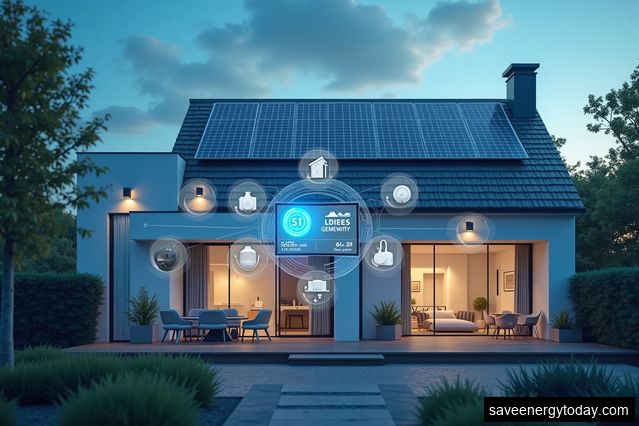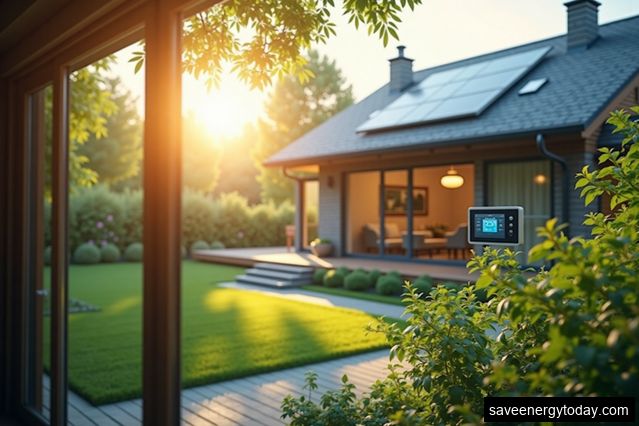Enhancing Energy Efficiency with Smart Home Automation
Smart home automation systems offer homeowners the ability to control and monitor their energy usage in real-time. By connecting various devices and appliances to a central hub, homeowners gain greater control over their energy consumption. For example, smart thermostats can learn household patterns and adjust temperature settings accordingly, resulting in significant energy savings. Additionally, smart lighting systems can automatically turn off lights when rooms are unoccupied, reducing unnecessary energy consumption.
Optimizing Energy Usage
Smart home automation allows homeowners to optimize energy usage by analyzing energy patterns and suggesting changes to improve efficiency. Advanced systems can provide insights into the energy consumption of individual devices, allowing users to identify energy-guzzling appliances and make informed decisions. By optimizing energy usage, homeowners can reduce their carbon footprint and lower their utility bills simultaneously.
Energy Conservation through Smart Grid Integration
Smart home automation can also play a crucial role in energy conservation through integration with smart grids. By connecting to the local energy grid, smart homes can adjust energy usage based on real-time data, such as peak demand periods or availability of renewable energy. For example, during times of high demand, smart home automation systems can automatically reduce energy consumption by temporarily adjusting thermostat settings or delaying non-essential appliance usage. This integration promotes energy conservation by balancing energy supply and demand more efficiently.
Demand Response Programs
Smart home automation systems enable homeowners to participate in demand response programs. These programs incentivize users to reduce energy usage during peak demand periods by offering monetary rewards or discounts on utility bills. Through smart home automation, homeowners can easily and automatically adjust their energy consumption during these periods, contributing to overall energy conservation efforts in their communities.
Environmental Impact and Long-Term Savings
The widespread adoption of smart home automation systems can have a significant positive impact on the environment. By reducing energy waste and optimizing energy usage, these systems help mitigate carbon emissions and conserve valuable natural resources. Moreover, the energy savings achieved through smart home automation can translate into substantial long-term financial savings for homeowners. Reduced energy consumption leads to lower utility bills, making smart home automation both an eco-friendly and cost-effective choice.
The Future of Energy Conservation
As technology continues to advance, the role of smart home automation in energy conservation will only grow. Integration with renewable energy sources, such as solar panels and wind turbines, will further enhance the energy efficiency of smart homes. Additionally, the development of more intelligent and intuitive automation systems will empower homeowners to make smarter energy choices effortlessly. Smart home automation is a key component of the sustainable future we strive for, where energy conservation is not just an option but a necessity.








